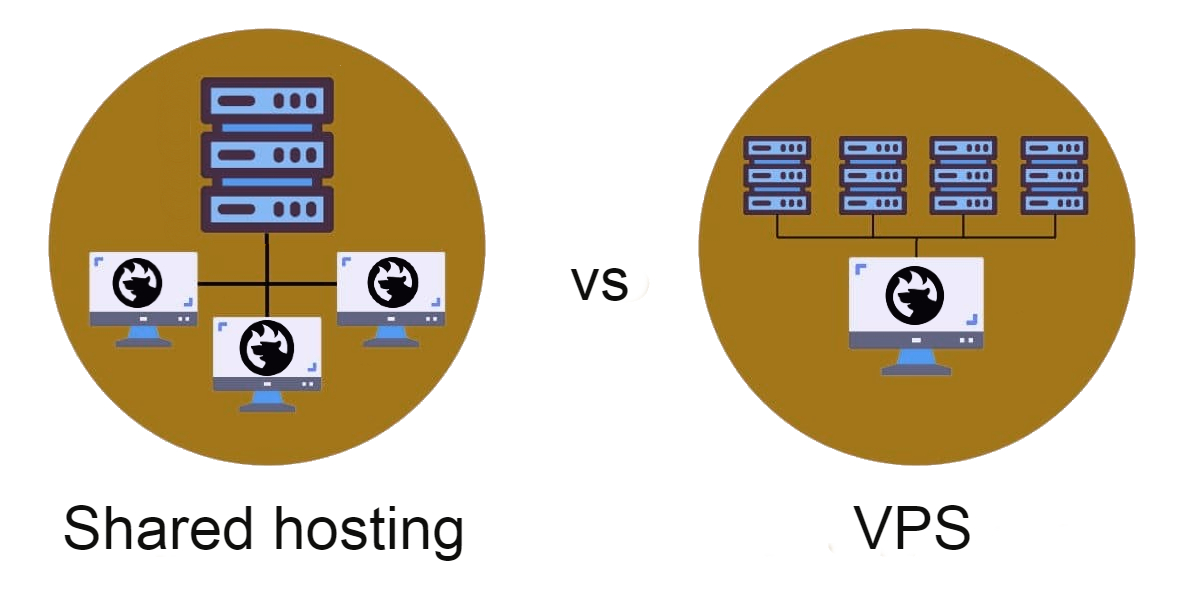
Does the transformation from shared hosting to managed VPS hosting sound appealing to you? Do you know, how it affects your website’s speed, redundancy, and scalability? If not, we will provide the answer below. In this article, we look at shared hosting vs VPS to find out what are the key perks of the latter and why specialists all over the globe recommend moving your website to it. After learning more about the shared vs VPS hosting contradictions, you will be surprised why so many people still use shared hosting over VPS hosting. Before comparing the two solutions, let’s define what shared hosting is and what VPS stands for.

Table of contents
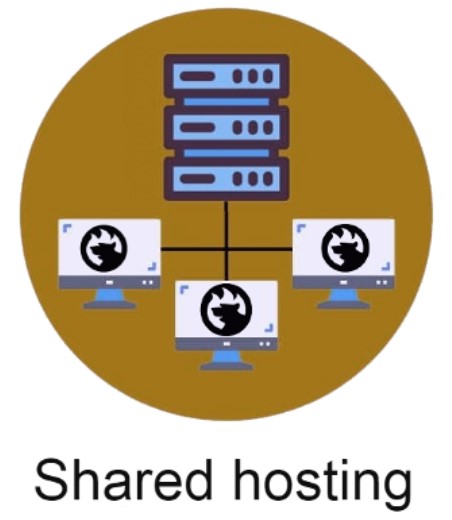
Shared hosting is a way to host your website on a single physical server shared between multiple sites. Even the best hosting plan doesn’t save you from that: shared hosting assumes that you split the same physical server with many other counterparts. It also implies that your website runs on the same operating system as the other websites do.
However, the pre-defined OS is not the most terrifying drawback of shared hosting. The more terrible thing is that the memory and computing power your site can use is shared between all the websites on the server and is affected by their needs. Yes, you got it right: your neighbor’s traffic spike negatively affects your performance, decreasing such crucial for customer experience and SEO parameters as page load time. You can choose neither your operating system nor other software solutions that may be crucial for your business. Your hosting provider is the only party responsible for the shared environment. As a result, all users use the same configuration. That’s how shared hosting looks. What is VPS hosting? What does VPS stand for?
What is VPS?
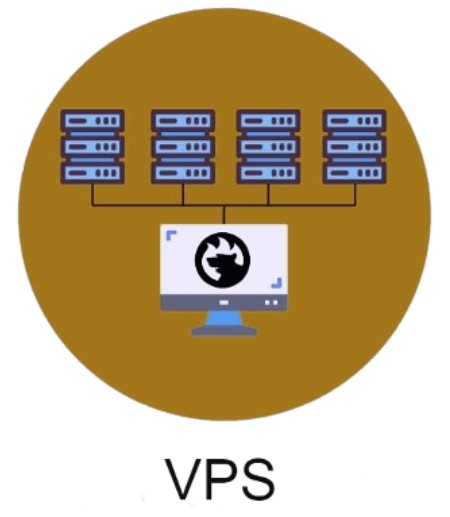
VPS stands for Virtual Private Server. It is a hosting service that, unlike shared hosting, employs special technologies to provide your website with private resources on a server shared between multiple websites.
Since shared hosting doesn’t offer dedicated server space, while VPS does, the latter is considered a more powerful, secure, and stable solution. You have the same root-level access with VPS hosting as you would with a dedicated server. But running a website on VPS hosting is yet cheaper than renting an entire server. However, it is more expensive when having a website on shared hosting. Let’s say a few more words about what VPS is.
With VPS hosting, you get a virtual server that mimics a physical server, but the machine is actually shared by numerous users. To achieve this goal, a hosting company adds a virtual layer on top of the server’s operating system (OS) using virtualization technologies. This layer separates the server and enables independent OS and software installations for every user. Yes, you are free to choose your OS and establish other software solutions on top. Because you have total control, VPS is both virtual and private. On an OS level, it is isolated from other server users.
If an online store uses a shared server, every surge in the server traffic causes the site to load slowly or even freeze because it shares the same amount of resources with hundreds of other strangers. That’s how companies lose sales because if a customer tries to check out their cart right now but is unable to do so, they might decide to continue shopping somewhere else. Finding this issue is difficult, and the owner needs Hotjar or a similar tool to detect it, which takes time and requires expertise.
Google favors websites that load quickly and offer a satisfactory user experience. When looking for products to purchase, consumers mostly turn to Google, and if an online business is not among the top 5 results (even local ones), the likelihood of new sales is low. Due to the fluctuating server load at any time, shared hosting is unable to guarantee consistency in performance and load times. On the other hand, the managed VPS can do all of that and more because it gives the owner a private cloud environment.
The reasoning
Naturally, as humans, we are wary of anything novel or unusual. Although VPS has been in the business for years, more than 70% of all sites globally still rely on the same old shared hosting because it’s industry standard.
Furthermore, most e-commerce website owners are unaware of the significance of their hosting. The worst part is that they don’t want to hear about it. On the other side, developers who are connected to one or more of the major hosting providers, such as GoDaddy or Bluehost, which are associated with absurdly high commissions for bringing in new shared hosting customers, cannot persuade store owners to switch to VPS due to much higher costs the major market players charge. The common sense connection is broken here, especially if a developer doesn’t truly care about the company itself. Therefore, we’d like to draw your attention once again to the comparison of shared vs VPS hosting.
Shared hosting can be compared to renting an apartment and having numerous roommates. VPS hosting, in turn, is like a new level where you still cannot afford the entire apartment (the whole server) but already have your private cozy room that can be arranged any way you see fit. The pros of VPS over shared hosting include:
- Better performance and reliability because you have private resources;
- Zero to minimal fluctuation in private resources because you don’t have to share them with others;
- Zero third-party impact because traffic surges or other problems of your neighbors don’t affect your site;
- Superuser privileges because you get root access to your server;
- Privacy based on the fact that your databases are hidden from other server users;
- Scalability based on the ability to upgrade your server resources, including CPU, RAM, disk space, bandwidth, etc., as your business grows.

Although you won’t get all these benefits with shared hosting, the latter still has several advantages over VPS:
- It’s less expensive than VPS;
- It requires zero technical knowledge and effort to set up shared hosting since your provider does all the dirty work;
- Also, due to the provider’s role, server management is not technically demanding at all.
- Furthermore, you won’t get new security vulnerabilities caused by an improperly configured server.

Let’s compare shared hosting and VPS side by side to see more distinctions.
| Shared Hosting | VPS | |
| Resources | Fewer resources: You have to share resources with other websites. | More resources: You get more hardware and resources for your website that you don’t need to share. |
| Security | Less secure: If one site has a security breach, everyone on that server is vulnerable. | More secure: Your security is not affected by other websites on the server. |
| Privacy | No privacy is possible since other users may get access to your databases and files | VPS is private since nobody can access your databases and files. Furthermore, you have superuser rights. |
| Performance | Lower performance: You not only get fewer resources but also experience performance decreases caused by other websites on the server. | Higher performance: You get more bandwidth, and your VPS is better equipped to deal with traffic spikes. |
| Configuration | Less flexible but easier: Configuration is sorted by your provider. | More feature-reach but more complicated: While managed VPS is basically the same as shared hosting in terms of configuration, unmanaged VPS is more powerful and flexible but requires more effort to be configured. |
| Customization | No customization is available. | You can customize your VPS. |
| Scalability | Scalability is nearly impossible. | VPS is fully scalable. |
| Price | Lower price. | Higher price. |
| Top Providers | ScalaHosting, InMotion, HostGator, etc. | ScalaHosting, Bluehost, A2 Hosting, etc. |
ScalaHosting VPS – your secure performance booster
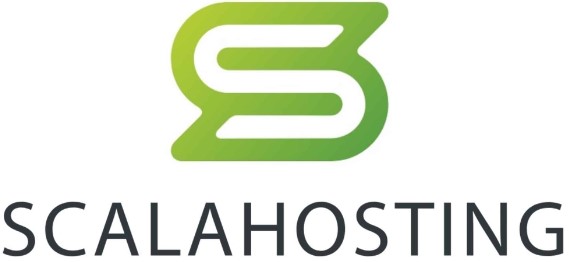
ScalaHosting is an e-commerce-ready managed VPS hosting provider that also offers shared hosting plans for those who are not ready to take the next step. As for the VPS side of the business, it is an all-in-one system with all the features and capacities you need to successfully run and grow your business online.
ScalaHosting features
With ScalaHosting, you will get the following features:
- Free SSL Certificates. ScalaHosting encrypts SSL certificates for each domain you host.
- Top-notch Security. ScalaHosting incorporates SShield to protect all your websites and web applications, blocking 99.97% of web attacks. Furthermore, if any breach is discovered, you will get a notification.
- Powerful Caching. ScalaHosting leverages OpenLiteSpeed and SPanel-powered caching to deliver a lighting-fast experience for your website.
- Enhanced SEO. You can boost your SEO rankings with the extra speed and uptime delivered with ScalaHosting. Also, it offers a dedicated IP address.
- Scalability. The outstanding scalability and flexibility of ScalaHosting let you manage any traffic spikes with ease. You can upgrade anytime by adding more CPU/RAM.
- Backups. ScalaHosting delivers automatic data backups on special servers in different data centers daily. Thus, you can restore any file, email, or even an entire database anytime.
- Blacklist Monitoring. ScalaHosting even helps you get out of blacklists. The system monitors your IP address hourly and takes immediate action if it gets blacklisted.
- Improved Inbox. ScalaHosting helps your emails reach the inbox folder by introducing a clean dedicated IP address for your server.
- Anti-SPAM Protection. At the same time, you get inbound and outbound SPAM protection that blocks junk mail from being delivered to and from your server.
ScalaHosting for developers
Also, note that ScalaHosting delivers a developer-friendly environment with everything you need to develop and maintain high-performing websites. You can establish a smooth development workflow with SSH access, GIT, SVN, WP-CLI, cloning & staging. The system lets you use SPanel to set a different PHP version for each of your sites, choose from Apache or Apache with Nginx as a reverse proxy, use unlimited NodeJS applications, leverage the CloudFlare integration, etc. The platform’s multi-layer admin management capabilities let you set up proper access for each user, collaborator, or server administrator. In addition to that, you get the ability to install 400+ scripts with the Softaculous 1-click installer. And if you use WordPress or Joomla, ScalaHosting lets you leverage SManager to apply auto-updates, clone installations, and multi-layer admin security to your websites.
ScalaHosting pricing
Now, let’s say a few words about how inexpensive ScalaHosting is. You can find four different pricing tiers for VPS:
- Build 1 costs $29.95 per month if you pay for 36 months or $49.95 if you decide to pay for 1 month. It includes 2 CPU cores, 4 GB RAM, 50 GB NVMe SSD, and UNMETERED Bandwidth.
- Build 2 costs $63.95 per month if you pay for 36 months or $83.95 if you decide to pay for 1 month. It includes 4 CPU cores, 8 GB RAM, 100 GB NVMe SSD, and UNMETERED Bandwidth.
- Build 3 costs $121.95 per month if you pay for 36 months or $141.95 if you decide to pay for 1 month. It includes 8 CPU cores, 16 GB RAM, 150 GB NVMe SSD, and UNMETERED Bandwidth.
- Build 4 costs $179.95 per month if you pay for 36 months or $199.95 if you decide to pay for 1 month. It includes 12 CPU cores, 24 GB RAM, 200 GB NVMe SSD, and UNMETERED Bandwidth.
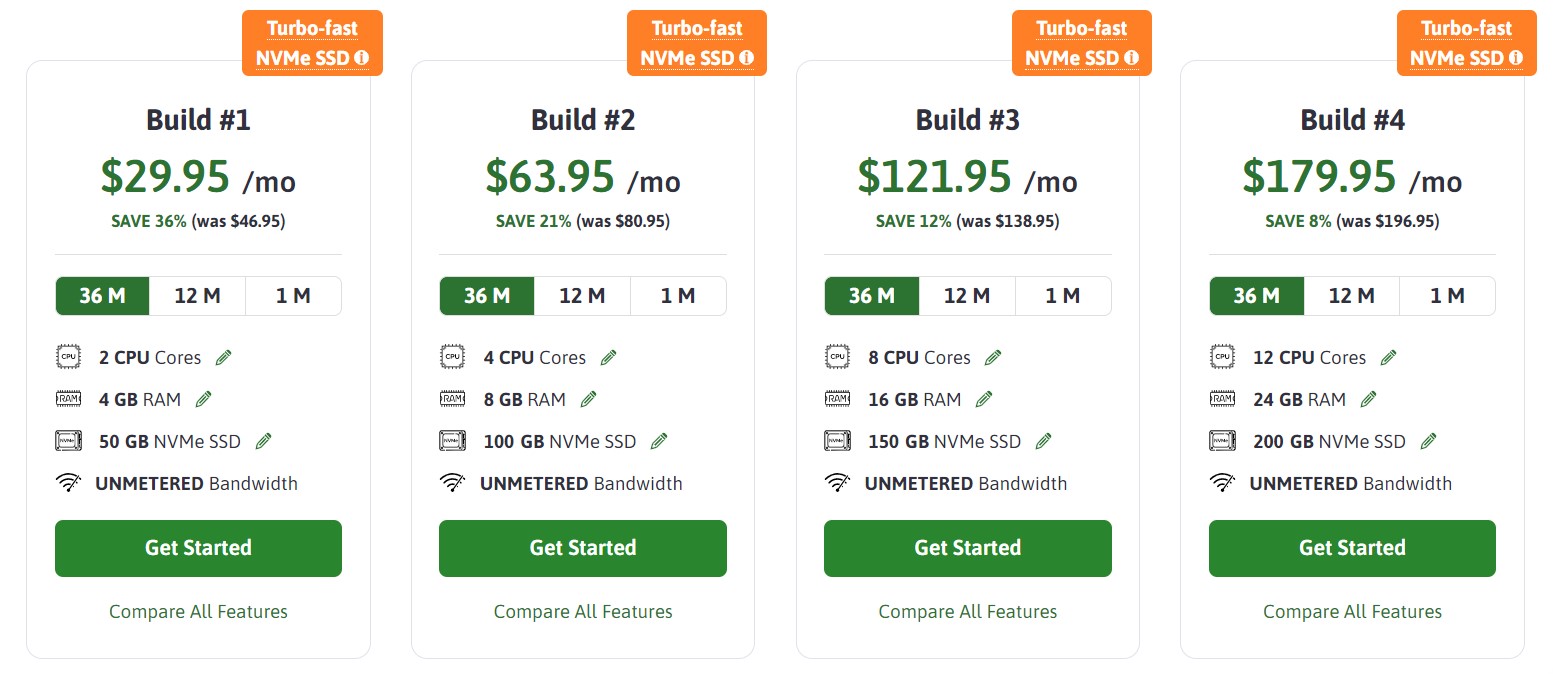
If you still need a shared environment, ScalaHosting offers its Mini plan with basic resources for 1 website starting from $3.95 per month. More robust shared options start at $5.95 and $9.95 per month.
Conclusion
What can we say to summarize our shared hosting vs VPS comparison? Well, it is now obvious that VPS hosting is better suitable for bigger sites and organizations, while shared hosting is perfect for startups and personal websites. Although VPS costs more than shared hosting, you receive better speed, increased security, and more control over your resources. These advantages look reasonable for moving your e-commerce website from shared hosting to VPS. And if you still don’t know what solution to choose, pay heed to ScalaHosting since this company delivers both shared hosting and VPS hosting. Contact them directly to get a better understanding of what particular option your business requires.
What’s VPS means?
VPS stands for a virtual private server. Despite being on a physical server that is shared by other users, you get total privacy due to a virtual machine that offers virtualized server resources that only your website can reach. Compared to shared hosting, VPS hosting gives you dedicated server space with a set amount of resources and allows you more flexibility and customization.
Why do I need VPS hosting?
Websites and online retailers that receive a lot of traffic find VPS hosting essential. In terms of shared hosting vs VPS, the latter enables the allocation of server resources, making it simpler to run business websites and online shops. So, if your traffic is higher than a couple of visitors per day, think about moving your website to a VPS hosting if you didn’t do that yet.
What VPS is used for?
VPS is used to provide you with dedicated (private) resources on a server, which is shared with multiple users. You don’t own the entire server but have your private resources there that cannot be shared with other neighbors. Thus, VPS is used to deliver opportunities of a private server in a shared environment at a much lower cost.
Is VPS good for hosting?
VPS hosting is a wonderful choice if you require a hosting provider that can scale with your quickly expanding business. Because your server does not share its resources with other websites, you have complete control over them, resulting in higher overall uptime and better performance.
Is a VPS better than a VPN?
The sole purpose of a VPN is to protect your data when you browse the internet. As for VPS, a hosting firm offers it To host a website or application. It does not necessarily keep your information secure, even though it can ultimately be used to connect to the internet. Therefore, you cannot say that VPS is better than a VPN or vice versa. These are two types of services that are often combined.
How much is VPS a month?
You can expect to pay between $20 and $200 monthly for VPS, depending on the configuration. For instance, ScalaHosting offers the cheapest plan at $29.95 and the most expensive one at $179.95. Returning to our shared hosting vs VPS comparison, we should also mention that shared web hosting is extremely cheap, with tires that cost less than $10 per month.
What are the disadvantages of VPS?
Because it is more expensive than shared hosting, the biggest disadvantage of VPS is related to finances. However, while VPS is more pricey than shared hosting, it is undoubtedly less costly than a dedicated server, which usually starts at $100 per month. In terms of price, shared hosting is a clear winner of the shared vs VPS hosting battle, but other VPS advantages are more important.







